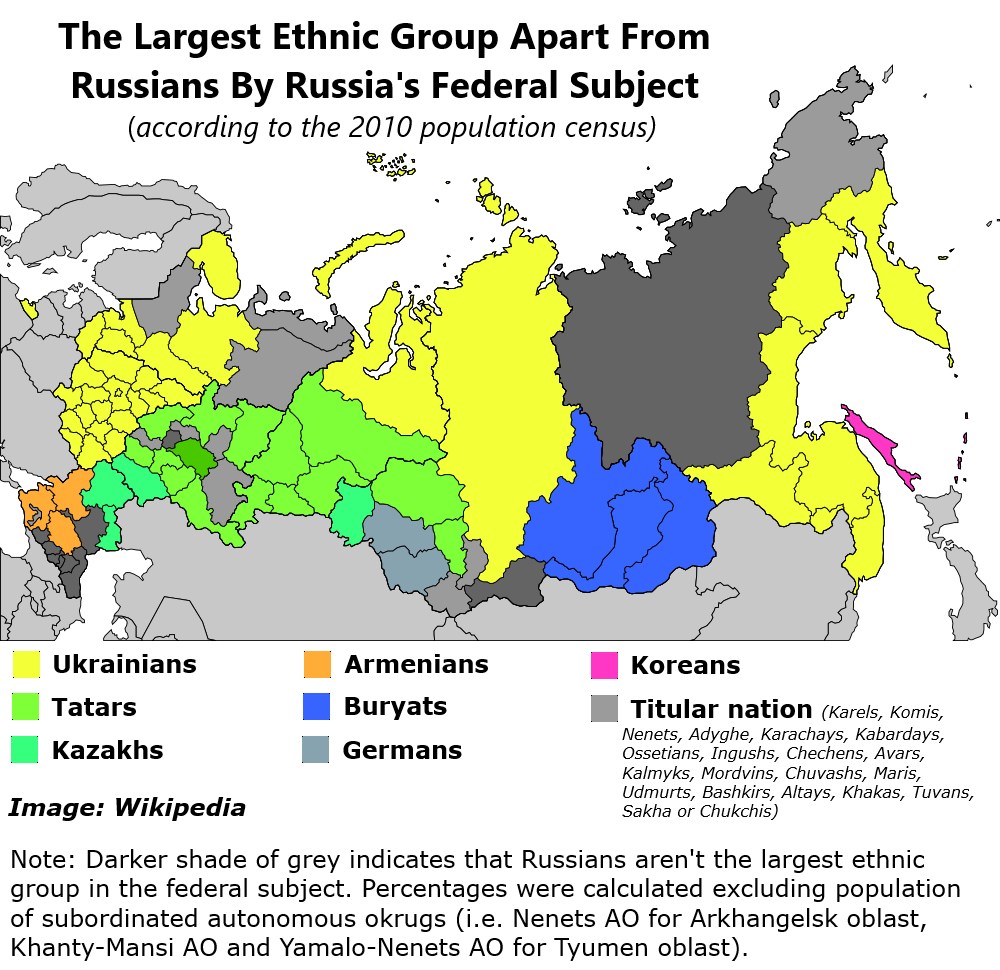The leaders of the Muslim community in Ukraine are united in opposing the Russian invasion of their country, calling on Muslims there to help resist the Russian military either by joining the army or otherwise supporting it and urging Muslims in the Russian Federation not to take part in this aggression.
But Muslim leaders in the Russian Federation are more divided reflecting the greater diversity of the community and the political situation they find themselves in with some urging active participation in the Moscow military effort as a form of jihad while others taking a more cautious wait-and-see approach. None so far has urged resisting openly what Moscow is doing.
Mufti Ayder Rustemov, the head of the Muslim community, as recognized by Kyiv, in Russian-occupied Crimea has urged Ukrainian Muslims to resist and called on Muslim believers in Russia not to take any part in Russian aggression against his country.
“How will you die?” he asked rhetorically.
Mufti Ayder Rustemov’s appeal to the peoples of the Caucasus, Tatarstan, and Bashkortastan regarding Putin’s war in Ukraine
Mufti Said Ismagilov, head of the Muslim Spiritual Directorate (MSD) of Ukraine, has taken a similar position to defend not only their country Ukraine but also the freedom to worship they have there, a freedom that many Muslims in Russia at the present time do not share.
Mufti Said Ismagilov: Ukraine is our home! Our strong spirit cannot be broken!
The positions of Muslim leaders in Russia are far more varied. Some, like Chechen Mufti Salakh Mezhiyev, are enthusiastic in backing the invasion, saying that participation in it is to take part in “a war for the Prophet and Islam” and that those who die in the cause will become shahids.
Ismail Berdiyev, the mufti of Karachayevo-Cherkessia, Talgat Tajuddin of the Central MSD, and Kamil Samigullin, the head of the MSD of Tatarstan, take similar positions if not so flamboyantly expressed. But others, like Sheikh Ravil Gaynutdin, head of the Council of Muftis of Russia (SMR) are more circumspect and call for prayer and an end to violence.
In commenting on this diversity, Akhmet Yarlykapov, a specialist on Islam at MGIMO, says that the muftis are almost state officials and have to hue close to the official government line, although they can depart somewhat because the war is taking place between two non-Muslim countries and calls for prayers are always appropriate.
Idris Yusupov, a Muslim journalist in Russia, says that “there is no common position” among Muslims in Russia about the war in Ukraine. Some follow the Kremlin line; others are trying to figure out what is going on; and still a third group are asking how to respond to a war “from the religious point of view.”
Many Muslims in Russia appear to be taking a wait and see approach, activist Rasul Tavdiryakov says. They do not feel they need to take a position about a war in which Islam as such is not a direct party.
Read More:
- Why this Crimean Tatar Muslim woman gives the Russian occupation authorities a headache
- Crimean Tatars in the crosshairs of Russia’s war on Muslims
- Muslims will trigger disintegration of new Russian empire, Ukrainian mufti says
- Might Zelenskyy play the Muslim card against Russia?
- Russian authorities dig up ancient Muslim necropolis to build highway in occupied Crimea
- Repression of Muslims in Crimea – a reflection of Moscow’s fear of Islam as an anti-colonial force
- Russian experts: In 20 years, Moscow will have 35 million residents, a third of them Muslims








